Tag: Europe
-
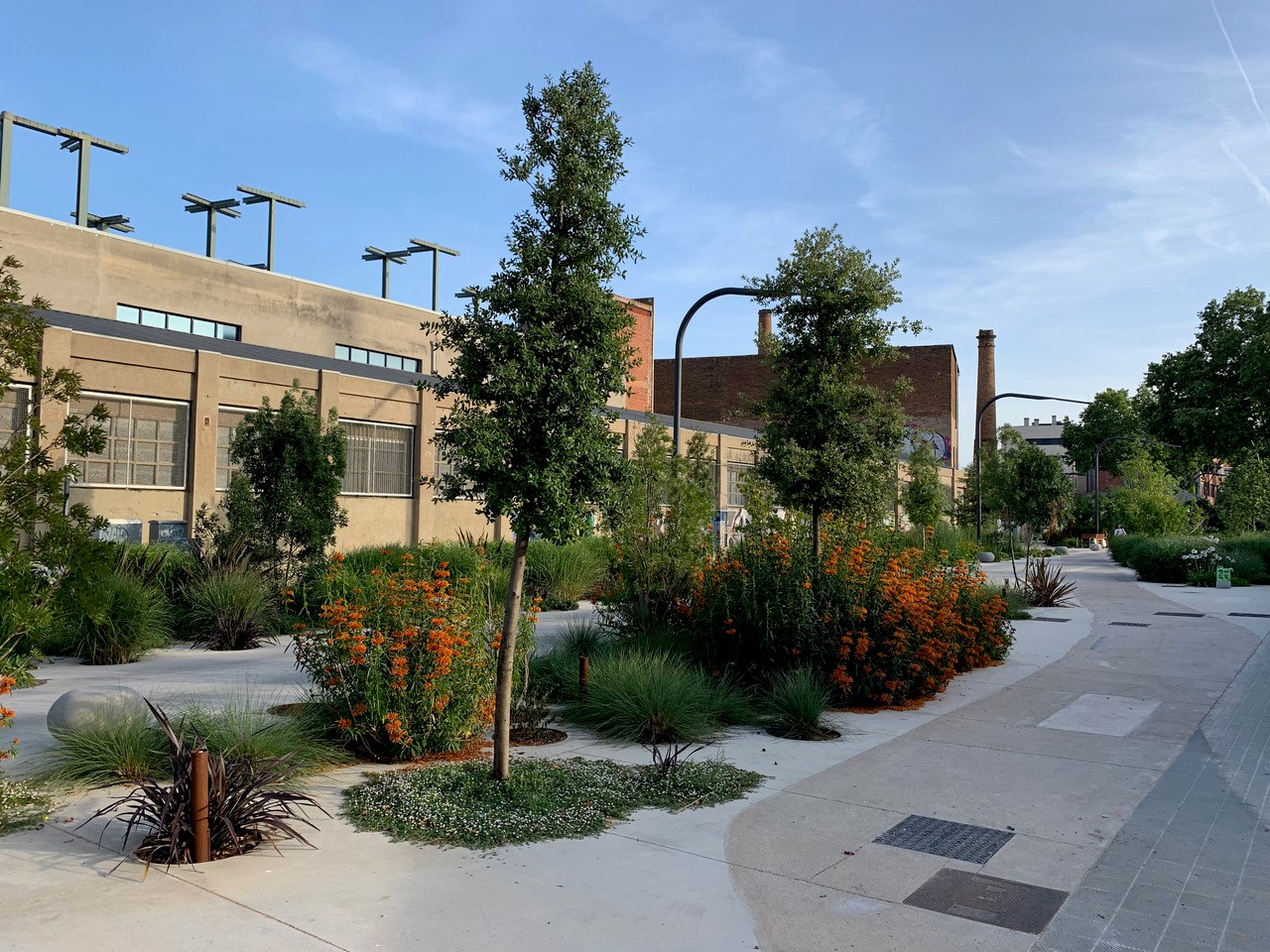
Episode 43 – Green Cities and Contemporary Climate Planning: Politics and Practices
Green cities and green infrastructure have become common planning practices. But why is nature good and how does green matter? Do all people have equal access to nature, or are some left out of contemporary climate planning? Furthermore, what impact will COVID 19 and climate crisis have on future green city planning? These and other…
-
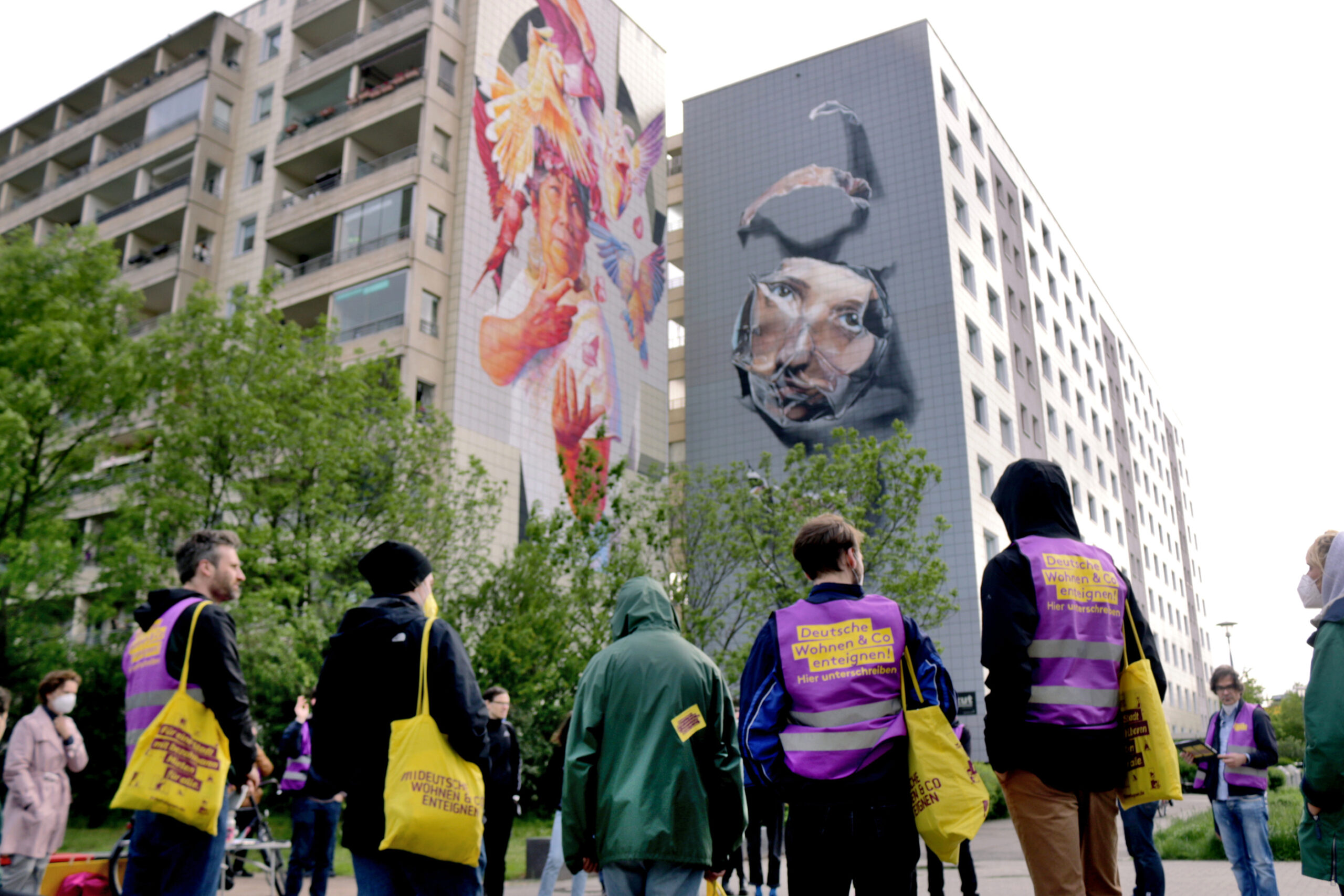
Episode 42 – Housing struggles in Berlin: Part II Grassroots Expropriation Activism
On April 15, Germany’s Federal Constitutional Court overturned Berlin’s rent cap. This immediately led to a massive spontaneous protest with 15,000 people voicing their concerns and proclaiming their right to the city. Moreover, within a week after the court’s decision the number of signatures for the grassroots campaign ‘Deutsche Wohnen & Co enteignen’ increased tremendously…
-
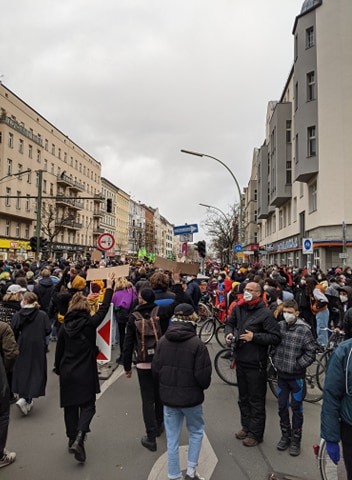
Episode 41 – Housing Struggles in Berlin: Part I Rent Cap
From Friedrich Engel’s series ‘Zur Wohnungsfrage‘ to the decision of Germany’s Federal Constitutional Court on the #Berlin #RentCap last week: housing was and remains one of the crucial social issues of our time. Together with Andrej Holm, we discuss the social and political consequences of the Court’s decision that the Berlin state government had no…
-
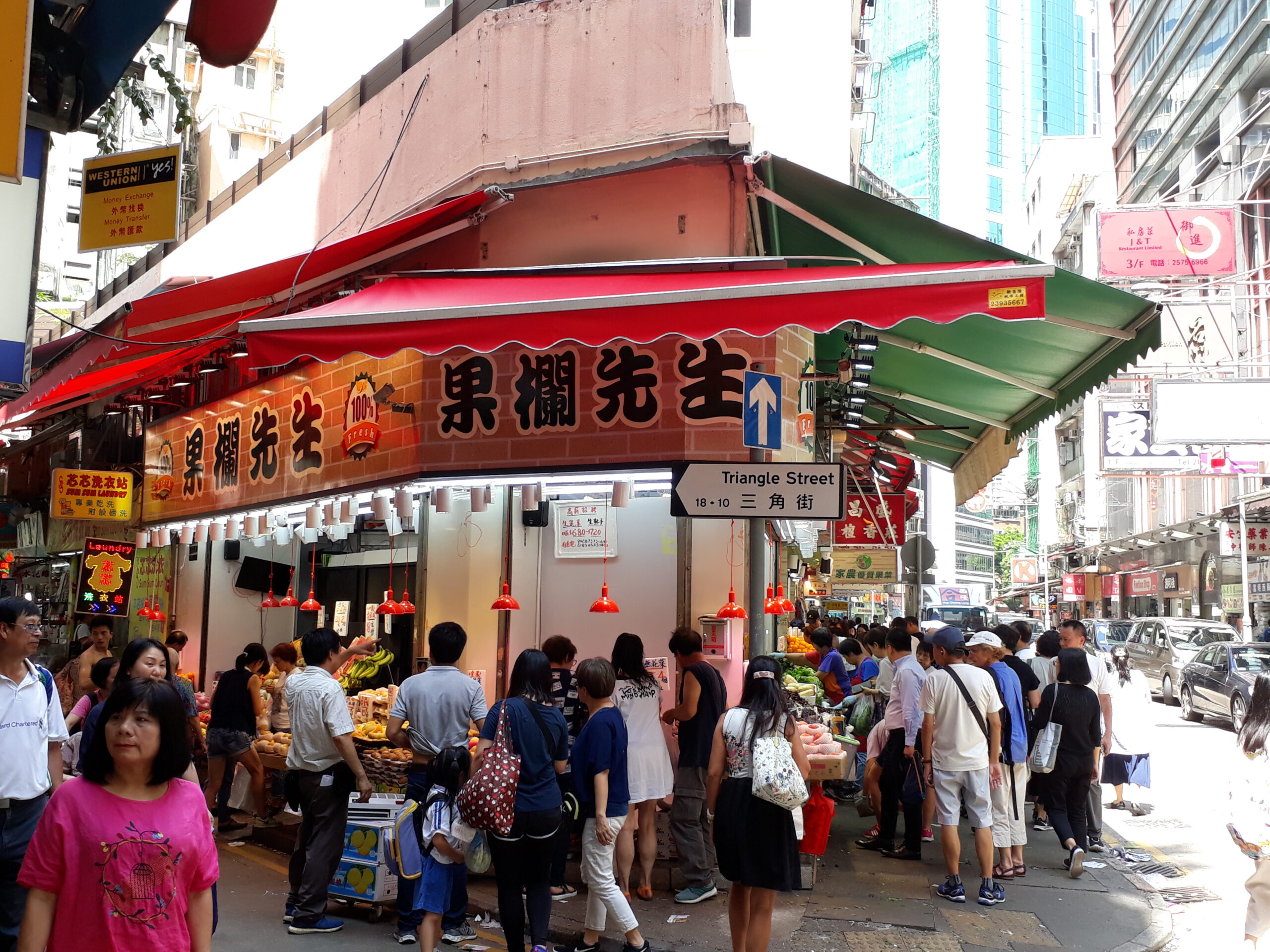
Episode 40 – The urban politics of density in and beyond the pandemic
This podcast explores how the pandemic is changing density around the world and generating forms of politics. With a diverse group of scholars and practitioners from around the world, the podcast addresses the following specific questions/ themes: How should density be conceived and why is it important to understanding cities (and the pandemic)? What is…
-
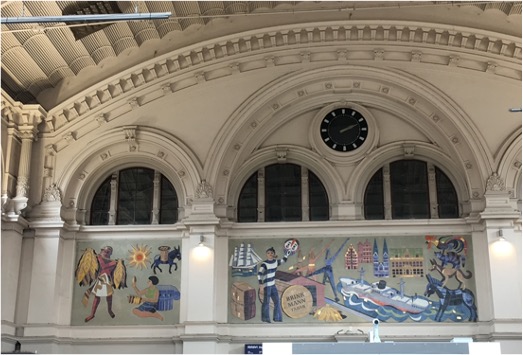
Episode 39 – The Urban Hinterlands of Slavery
The transatlantic slave trade had a lasting impact not only on the development of big ports like Liverpool, London, Nantes or Bordeaux, but also in cities that far less frequently associated with slavery. In this episode, four researcher-activists from Bremen and Lancaster speak about how slavery is not just a bygone period of cruel practices…
-
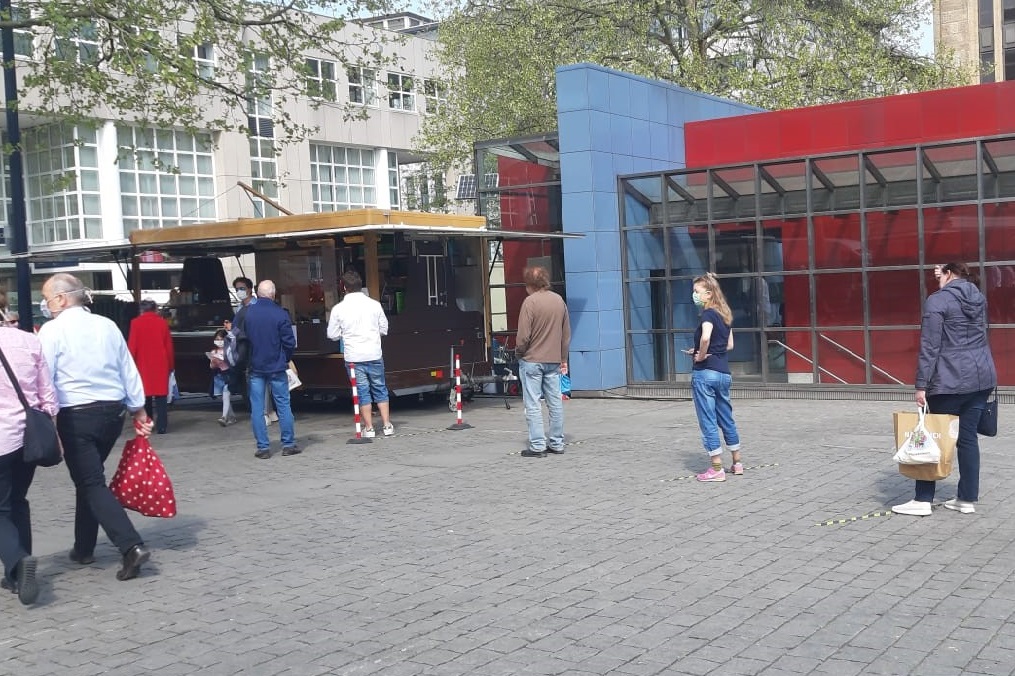
Episode 33 – COVID-19 and its impact on public life and use of public space
This episode discusses the impact of COVID-19 on the behavior of people in public spaces in Dortmund (Germany), San Francisco (USA) and Isfahan (Iran). My guests, Teresa Sprague and Ghazal Farjami, and I (Mais Jafari) explain how people in these societies perceive and react to social distancing, mask wearing, and other measures in a variety…
-
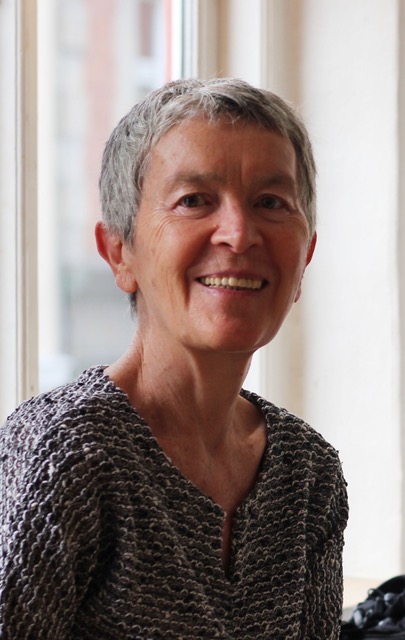
Episode 31 – Multiple Crises and Radical Urban Research (AfterCorona #13)
Starting off from her latest agenda-setting article “What does it mean to be a radical urban scholar-activist, or activist scholar today?” published earlier this year in the relaunch issue of the journal CITY – analysis of urban trends, culture, theory, policy, action. It was published before the pandemic shock and the current wave of Black Lives…
-

Episode 29 – Genealogies of Liveability (AfterCorona #11)
Nina Stener Jørgensen and Maroš Krivý offer us the broader picture of the contemporary urbanist discourse of liveability and Jan Gehl’s rise to prominence. In a tour de force, they walk us through Gehl’s original work within the Danish welfare state of the 1960s, his indebtedness to the contributions of his wife Ingrid, his rise…
-
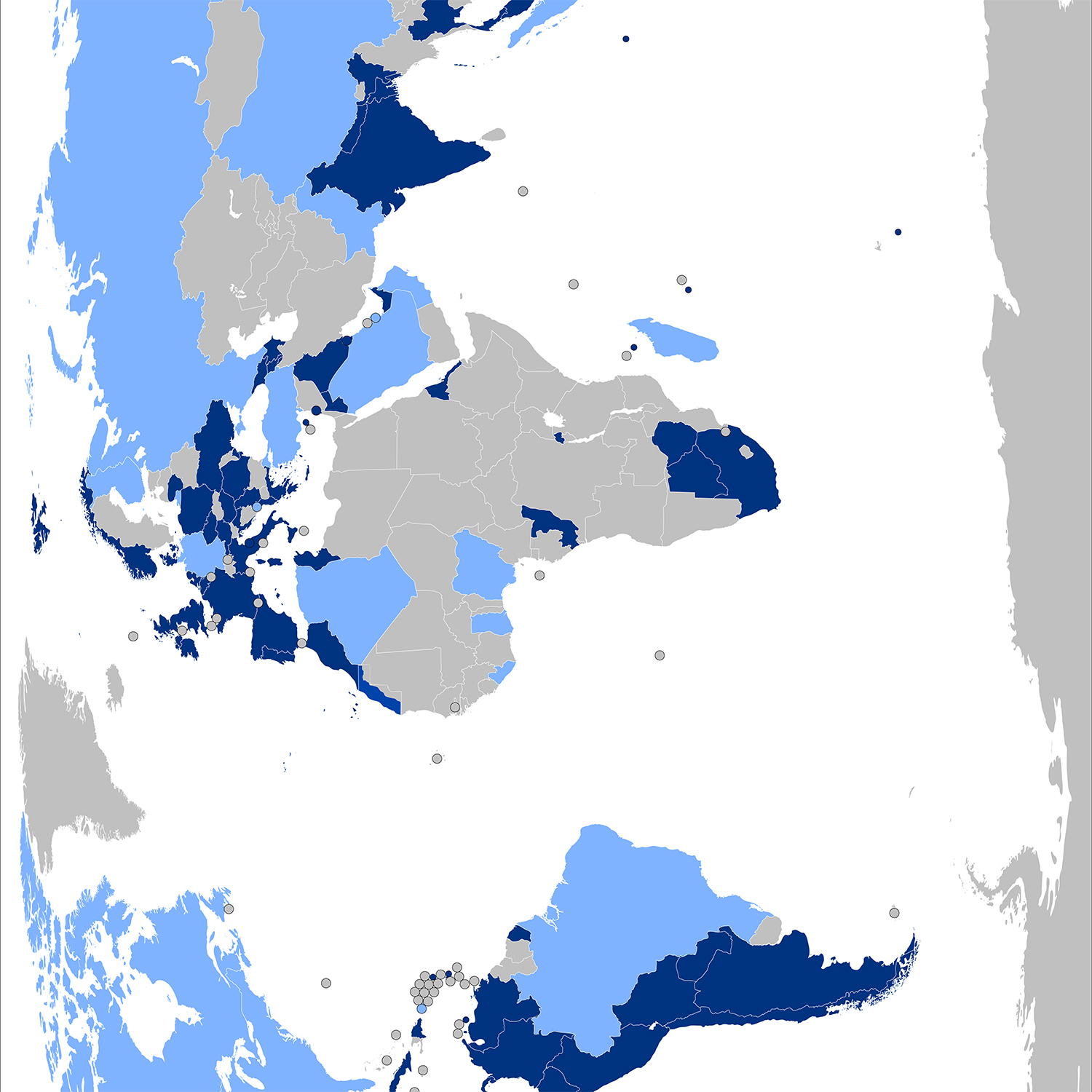
Episode 26 – Spatialities of Shock (AfterCorona #8)
Reflecting on how shocks are applied as tools to further political agendas, Creighton Connolly, S. Harris Ali, and Roger Keil consider the implications for racialized inequalities and the Global South-North divide. Two months after the first conversation with out guests, at a moment when the coronavirus outbreak was declared a pandemic, Creighton, Harris, and Roger…
-
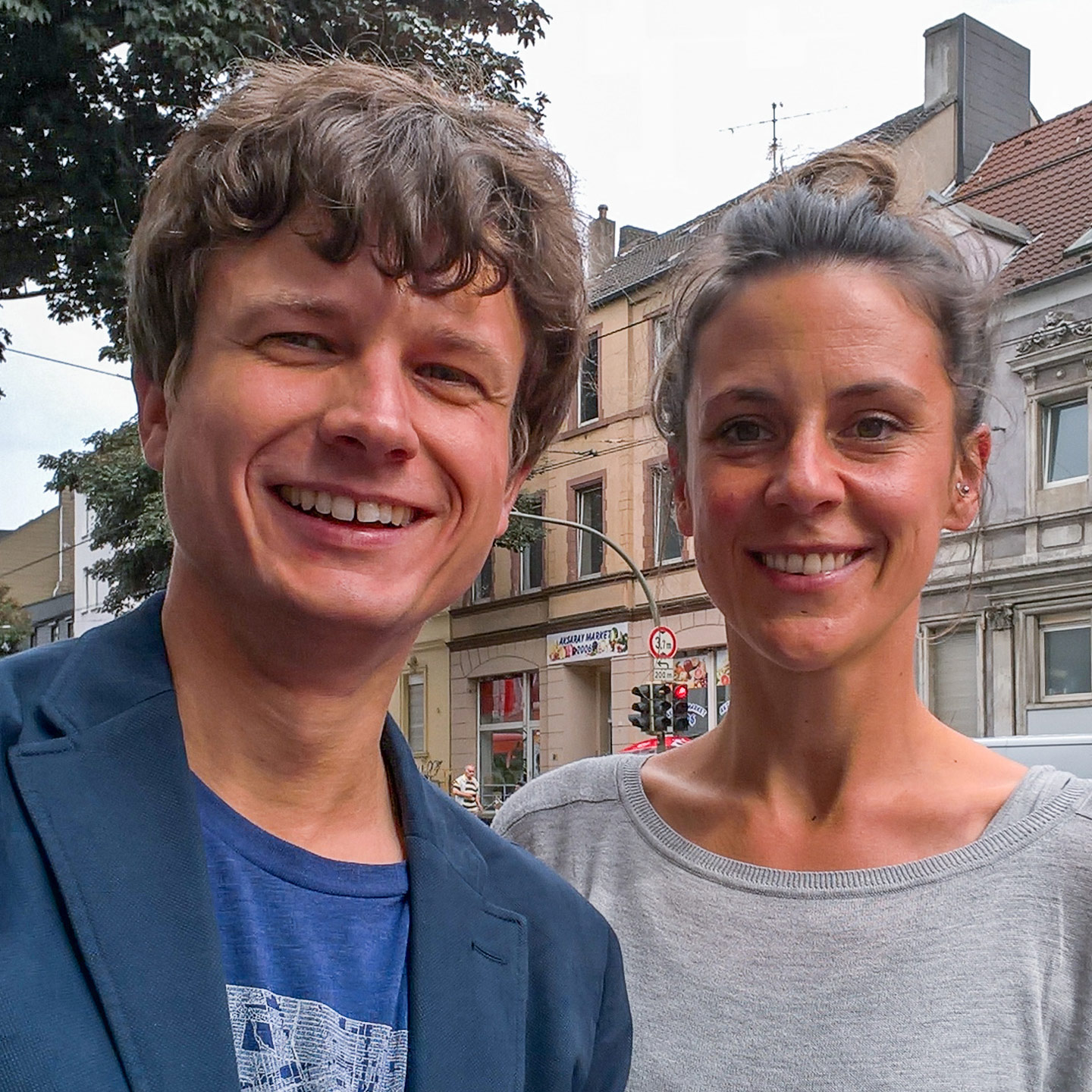
Episode 22 – Post-growth, Post-Covid? (AfterCorona #5)
In the episode we speak to Viola Schulze Dieckhoff (Technical University of Dortmund, Germany) and Christian Lamker (University of Groningen, the Netherlands) about the paradigm of post-growth and its relation to cities. In particular we discussed the roots of this concept and movement in academia and beyond, what it means in terms of planning, living…
-
Episode 19 – Inequalities of the Lockdown (AfterCorona #2)
Drawing on her understanding of community as an urban practice and her recent research on social and educational inequalities in Berlin, Talja Blokland underlines how the lockdown exacerbates inequalities in view of labor, education, and social capital. She presents her argument why digital media cannot replace the vital functions that social interactions in physical space…
-
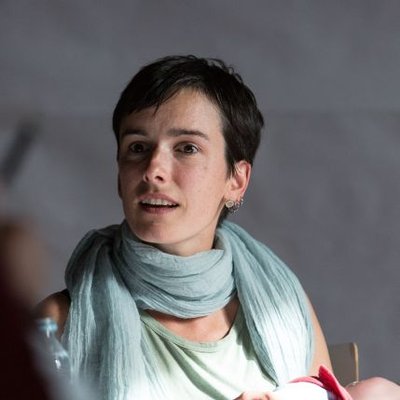
Episode 18 – The New Municipalism (part 2)
In the second part of the New Municipalism series, Ross talks to Barcelona-based scholar-activist Laura Roth. She talks about the Spanish experience, particularly in relation to Barcelona en Comú, the movement party, which has been in minority government since 2014. Laura talked about a range of issues, including the importance of feminism to new municipalism,…
-
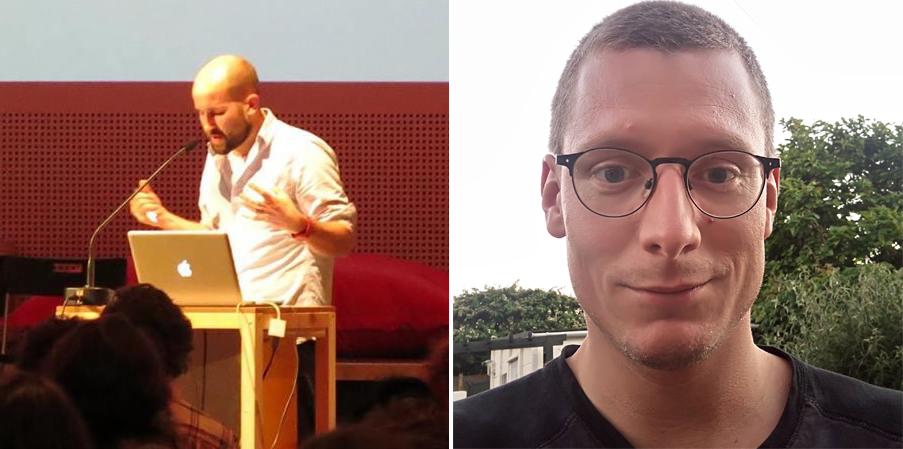
Episode 13 – The New Municipalism (part 1)
What is “New Municipalism”? In this first of a new series Ross seeks clarification from scholar-activists Bertie Russell and Matt Thompson who give us a conceptual and historical take on this new urban movement, offering reflections on UK examples like Preston. The interview was recorded at the end of August 2019 at the Royal Geographers…
-

Episode 11 – Oh, What Do You Do To Me? the City says to Tinder
Looking for Love? Over the past decade, the market for online dating has been booming. And this did not leave the offline city unaffected. Listen to Sam Miles’ sharp account on what online dating is all about and what it has to do with the urban. Far from being an innocent tool of the lonely…
-
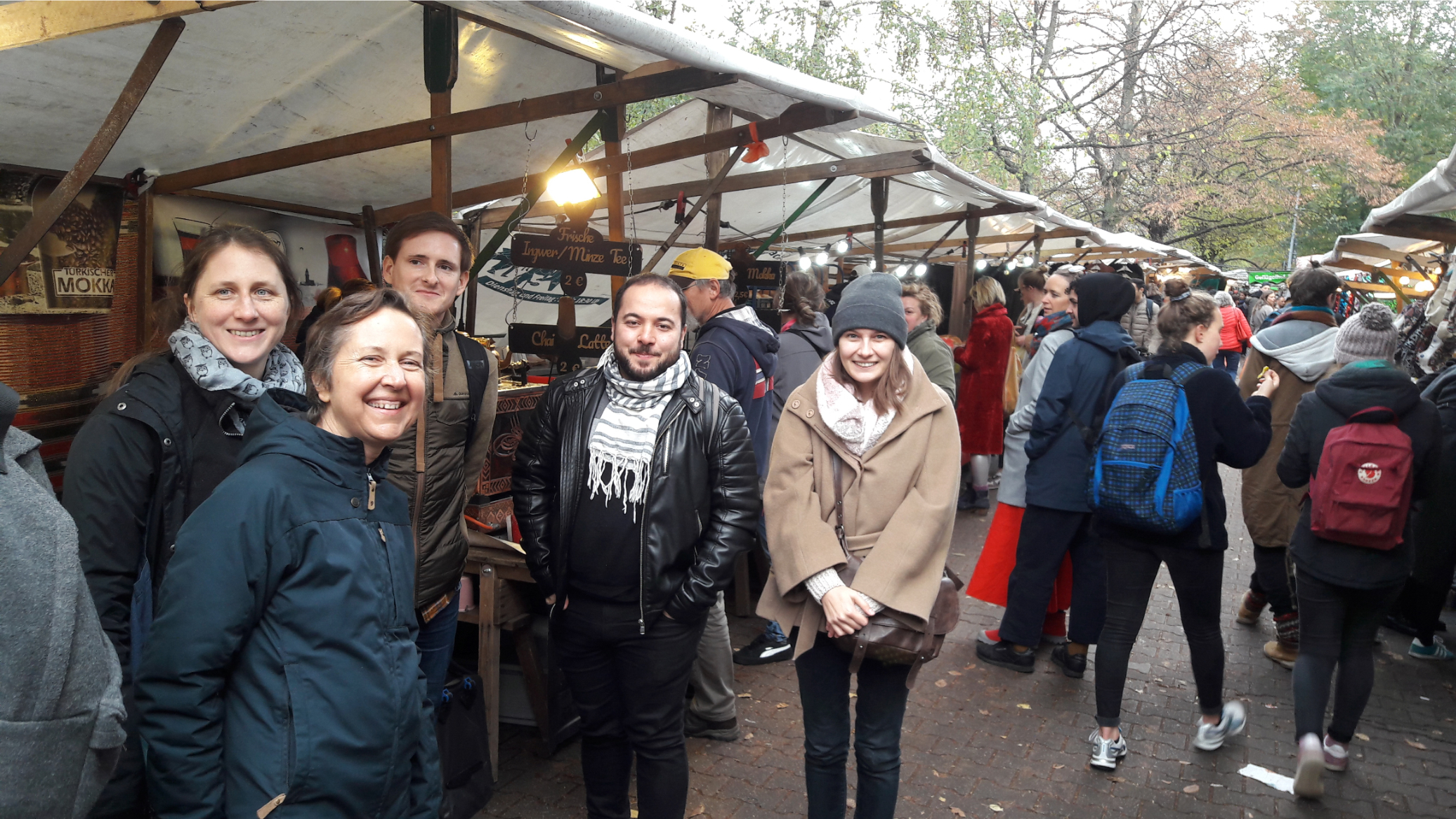
Episode 10 – On Metrolingualism
In a city, the idea of “standard language” falls apart. Linguistic researchers explain how urban space becomes a vital part of our ability to communicate in multilingual contexts. Think about “spatial repertoires” as the basis for communication. A market in Berlin-Kreuzberg, one of our guests’ research site, is the backdrop to illustrate how Turkish, Kurdish,…
-
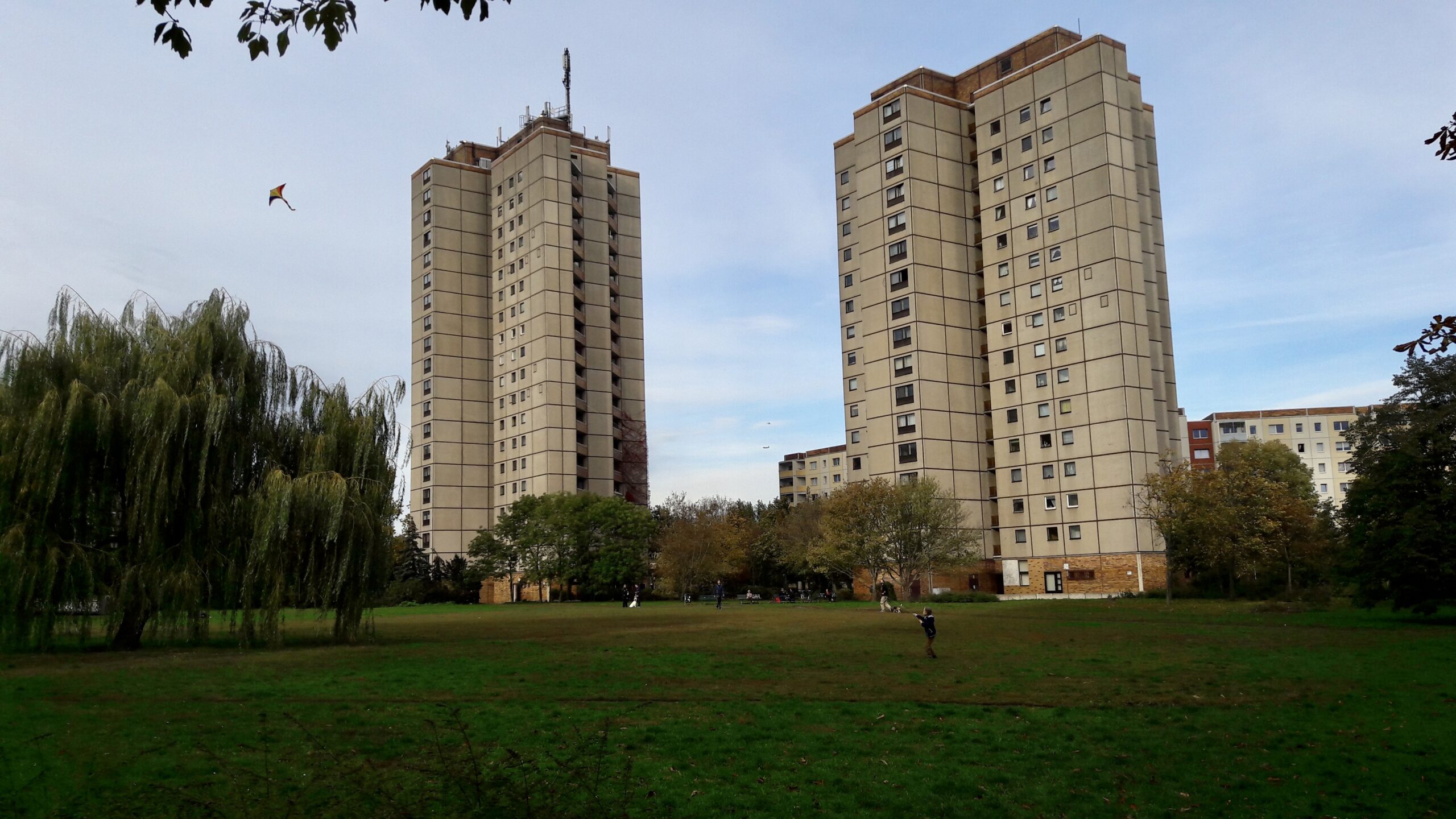
Episode 8 – Heritage vs. Gentrification
Among critical scholars and urban activists, the care for heritage of an urban area is often associated with strategies to commercialize, to touristify the area and ultimately to pave the ground for gentrification. Neighborhood development based on its heritage all too often is geared towards creating a unique selling point of the area to attract…
-

Episode 7- When Social Housing was Big
Post-war mass housing is at a crossroads in Western Europe. Demolition, densification, adaptation, or conservation? Two experts help us sort it out. Maren Harnack proposes what it requires to take advantage of the existing settlements from that period. And Miles Glendinning draws lessons of what we may learn from the experience of mass social housing…
-
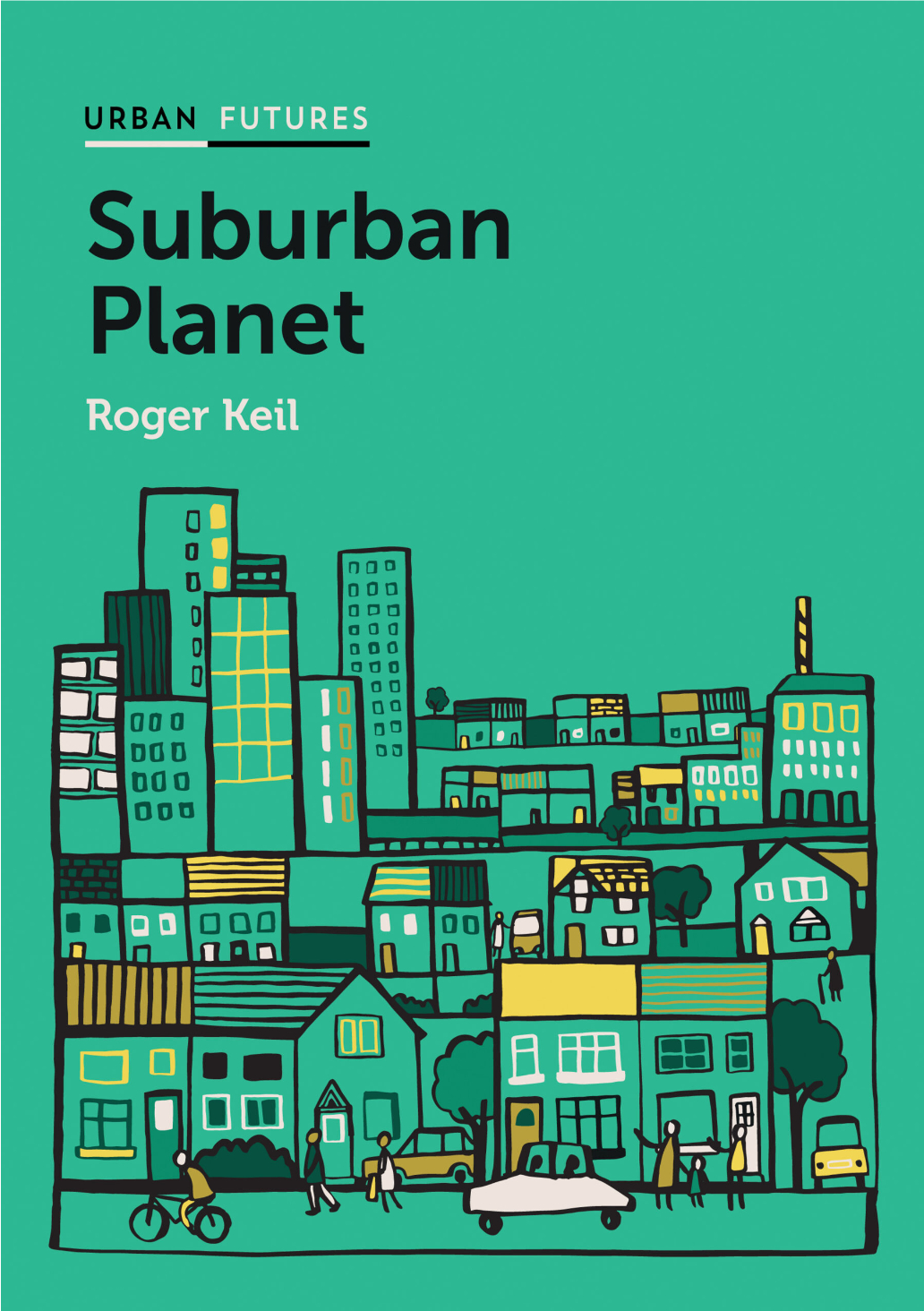
Episode 6 – Reviewing Suburban Planet
Roger Keil’s new book, ‘Suburban Planet’, is a major contribution to (re)thinking the urban age in terms its peripheries rather than its centres. He seeks to provide us with a way of coming to terms with the process of suburbanization and the diversity of suburban forms. But does he succeed? And what are the political…
